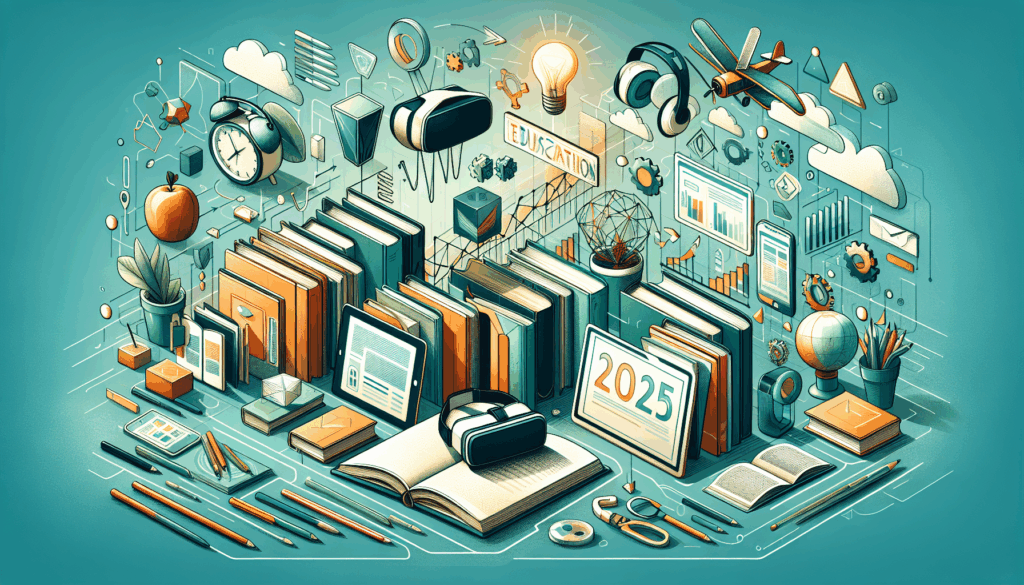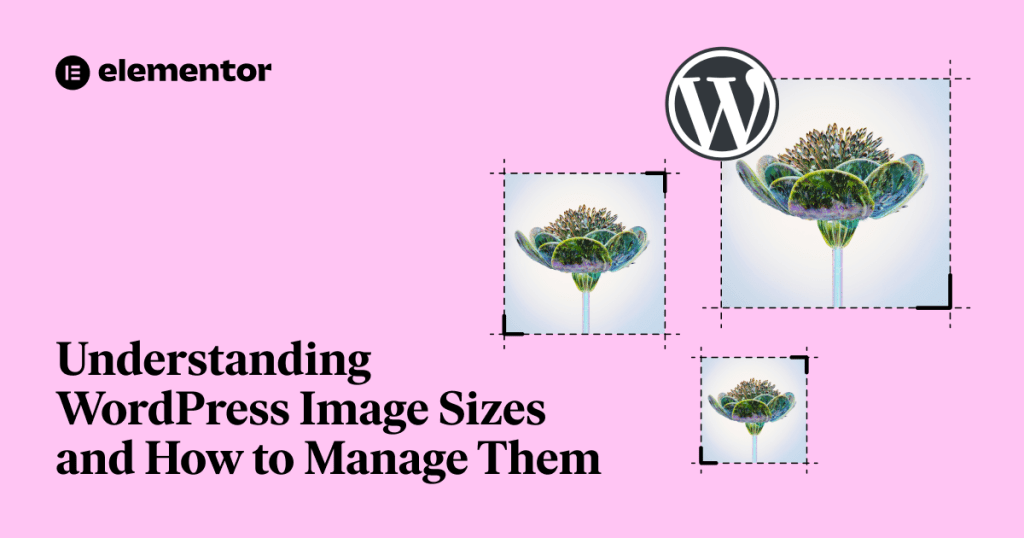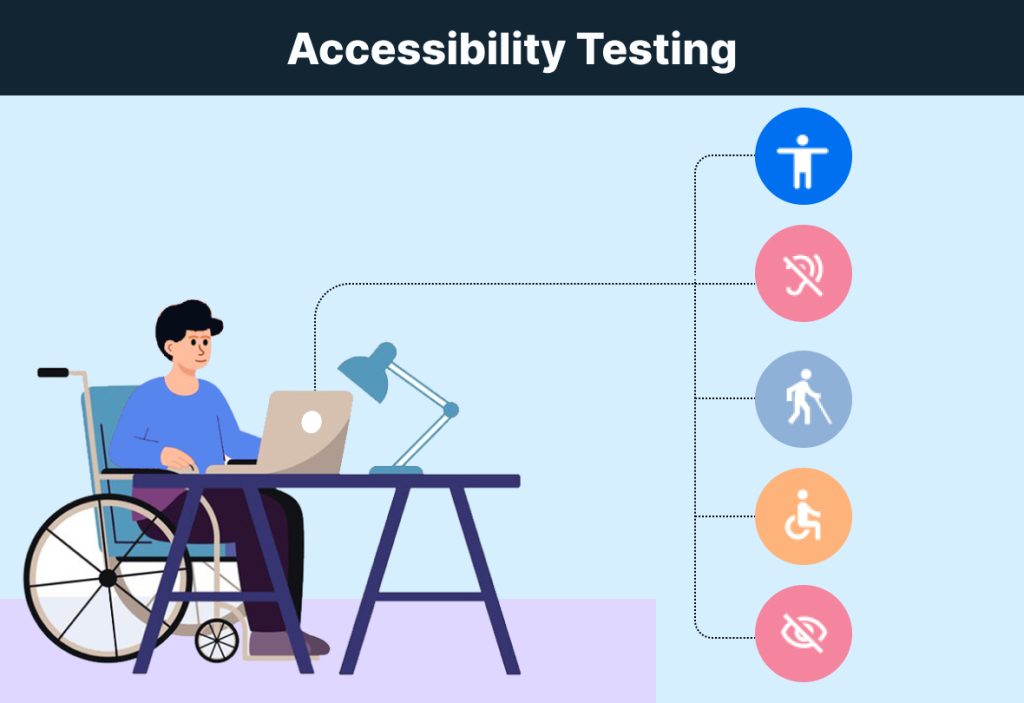Deciphering the Future of Education
Educational landscapes are rapidly evolving, propelled by technological advancements and changing societal needs. As we navigate 2025, several trends and tools are reshaping teaching and learning, making education more accessible, engaging, and personalized. This article delves into these transformative elements and their impact on contemporary education.
AI-Assisted Personalized Learning
Artificial Intelligence (AI) is a game-changer, revolutionizing the one-size-fits-all education model to a more customized approach.
Adaptive Learning Platforms
AI-powered adaptive learning platforms are making headway in classrooms. These platforms adjust learning materials according to students’ unique learning curves and styles, ensuring personalized attention and improved comprehension.
AI Tutors and Chatbots
AI tutors and chatbots are another exciting development, offering round-the-clock assistance to learners. These AI tools provide instant feedback, clarify doubts, and enhance student engagement.
“AI in education is more than a trend; it’s a new approach to pedagogy that focuses on personalized, learner-centric education.”
Augmented Reality (AR) in Education
AR is another groundbreaking technology shaping modern education. By overlaying digital information onto the real world, it enriches learning experiences, making them more immersive and interactive.
AR in STEM Education
AR has a significant impact on STEM (Science, Technology, Engineering, Mathematics) education. With AR, complex scientific concepts become more tangible, fostering a deeper understanding and sparking curiosity in young minds.
Interactive AR Textbooks
AR is also transforming traditional textbooks into interactive learning resources. These AR-powered textbooks bring learning materials to life, promoting better retention and engagement.
“Augmented Reality in education takes learning beyond classroom walls, offering students a dynamic and interactive learning experience.”
The Rise of Micro-Credentials
Micro-credentials, also known as digital badges or nano degrees, have gained traction, reflecting the shift towards competency-based education.
Skills-Oriented Learning
Micro-credentials focus on specific skills, making learning more relevant to the job market. They provide a flexible and practical alternative to traditional degrees, allowing learners to acquire new skills as per their career needs.
Recognition of Informal Learning
Micro-credentials also validate informal learning, recognizing skills acquired outside formal education settings. They offer a tangible way to showcase one’s abilities, making them a valuable asset in professional portfolios.
“Micro-credentials reflect the changing face of education, where learning is not confined to classrooms but is a lifelong journey of skill acquisition.”




